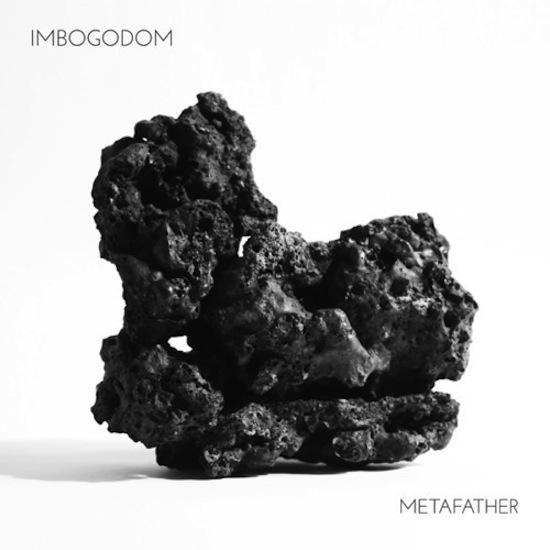I like to pretend that I don’t know what Alexander Tucker looks like and imagine I am hearing his voice through a radio that has somehow tuned in a frequency between bandwidths, capturing the sound from out in the aether. Partly it’s because because his music, in its various permutations, reminds me of my favorite moments of the late 1970s and early 1980s, playing Dungeons & Dragons, reading Heavy Metal and Epic Illustrated, and secretly believing that magic was real, that my Avon edition of The Necronomicon was actually a lost and terrible grimoire of barbarous names.
The other reason is that while Tucker often likes to evoke a sword and sorcery sensibility, there is an authentic mystery to his music that suggests he is channelling spirits from the astral planes. Once I remember he’s just a long-haired – albeit extremely talented and prolific – dude who likely enjoys a bit of the entheogen now and again, the spell wears off. Almost. The thing about Tucker is how perfectly he can seem both this-and-other worldly, a dedicated hard-working musician and a spectral voice from the phantasmagorical.
Tucker is involved in two major collaborations this year, the first was the highly lauded Grumbling Fur album Glynnaestra with Daniel O’Sullivan. While elegantly produced and a refreshing example of experimental pop, the effort left me a bit cold (with apologies to the editors who just named this the #1 album of the year). But now that I have heard Tucker’s most recent work with Daniel Beban, Imbogodom’s Metafather, the rest of this beautiful New England autumn has a soundtrack. And I am again ready to banish Tucker’s hirsute visage from my mind and let in the daemons of whatever portal he and Beban are trying to open.
One part tape manipulation and one part avant-pop, Metafather is an attempt at musical psychogeography, a walk through an imaginary city where the now lost inhabitants were all sound engineers. As it turns out, the album is a product of Tucker and Began excavating the abandoned BBC World Service center known as Bush House. But this is not merely a stitching together of samples. The duo use the material as a means of invocation, setting down the pieces like a Gysian cut-up and then layering over their own original music. What appears is the spirit of a time and place that can’t be quite pinned down.
The opener, ‘Imbosoundsystem’, is an extended broadcaster ident. It’s a droning piece with slight rhythmic chatter that announces what channel you have tuned into. ‘Soaked into Walls’ is classic Tucker, that familiar Eno-esque quality guided by a piano and delicate tape bits. The disturbing ‘Living Creatures’ is the kind of thing you wished you had actually been able to tune into when you were kid listening to shortwave radio. A conversation from another world, totally alien, but possibly relevant to your own life. Tucker takes control again on ‘Voices Of Lists,’ and is followed by ‘Marchpane’ another eerie inner/outer space experiment with the found material.
The rest of the album follows in this vein, broken and troubling soundscapes followed by Tucker’s arcane storytelling. This is not an epic album, and will likely not garner the same critical praise as Glynnaestra, but there is something decidedly authentic here that makes it a small masterpiece. It’s easy to smoosh weird sounds together and call it art, but there is a deliberate intention here to craft something that is both organic and synthetic, that pushes up against the boundaries of what is real and recognisable towards the numinous. And that is largely because of Tucker’s voice, a disarmingly beautiful instrument that makes me want to forget it is coming from a flesh and blood man.


